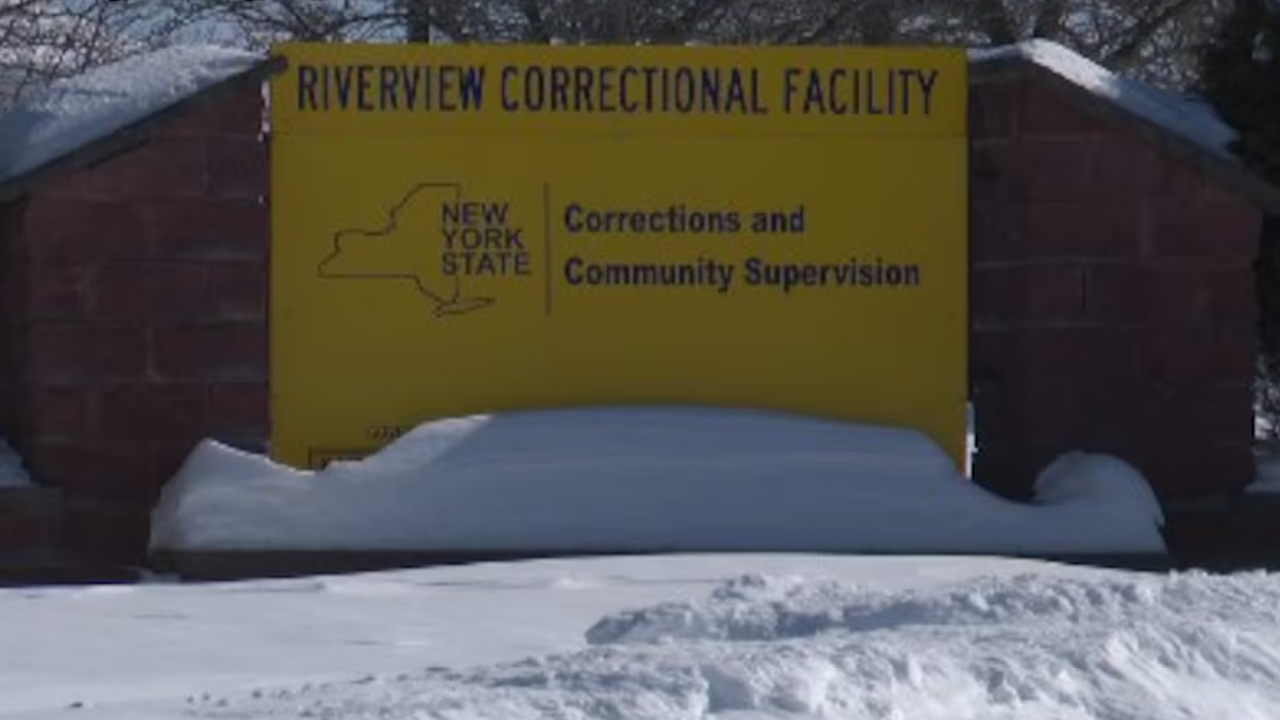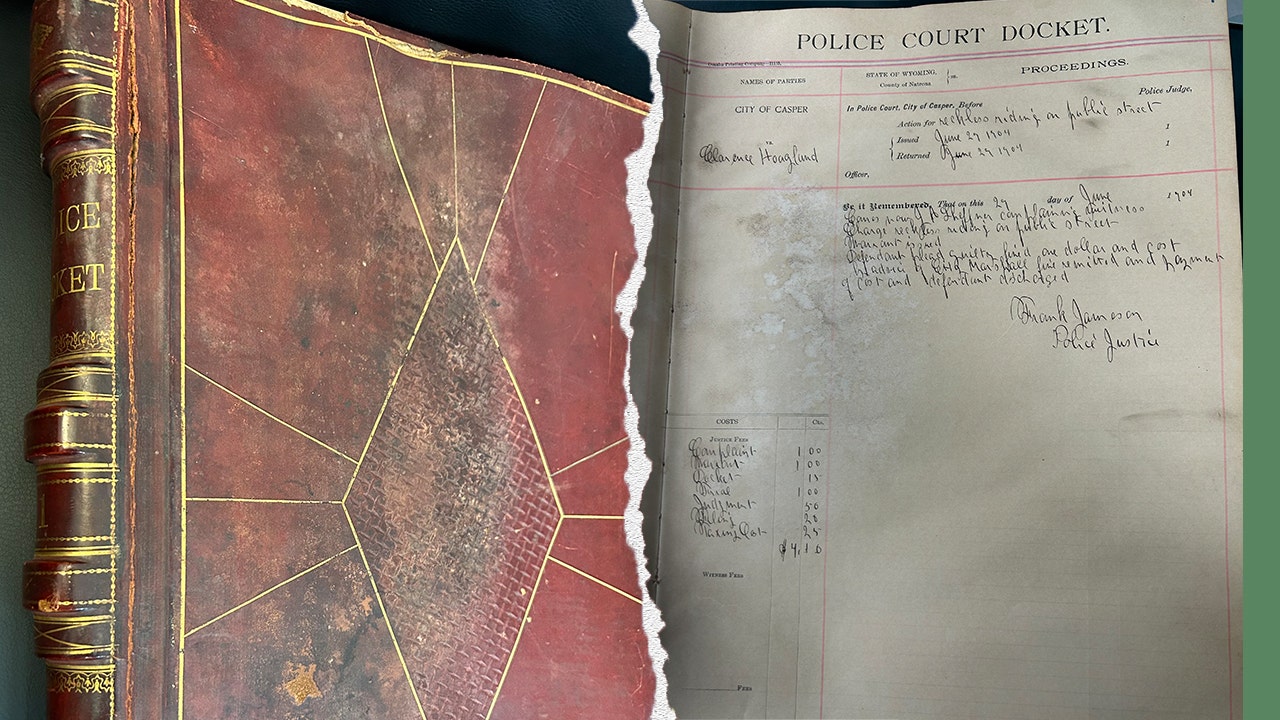No more property taxes? A Southwest Florida lawmaker is eager to explore this bold prospect, aiming to reshape the state’s tax landscape through strategic budget cuts and an increase in sales tax.
State Sen. Jonathan Martin (R-Fort Myers) took the initiative on Tuesday by filing bill SB852, a proposal that could challenge conventional thoughts about taxation.
LAWMAKER FILES BILL TO ELIMINATE PROPERTY TAXES
This proposed legislation, if approved, would instruct the Legislature’s Office of Economic and Demographic Research to conduct a detailed study. The goal? Create a structured plan for eliminating property taxes. The intention is to replace those essential revenues with budget reductions and various consumption taxes—both sales-based and those determined at the local level, with authorization from the Legislature.
Just think about the degree of financial weight on Florida homeowners and business owners: they contributed over $3.2 trillion in property taxes in 2024 according to the Florida Department of Revenue. This staggering figure highlights how property taxes underpin critical services such as education, infrastructure, and emergency response.
In an intriguing twist, Governor Ron DeSantis has expressed his agreement on social media, stating that taxing property is an especially burdensome and inefficient taxation model. He further suggested placing this transformative amendment before voters, aiming for support from 60% of the electorate.
Floridians are among the highest property taxpayers in the nation. According to Housingwire.com, the median property tax in Florida for 2024 was estimated at $3,101, reflecting a 9.5% increase from the prior year and a striking 47.5% spike since 2019. Ouch! It’s clear that these taxes take a significant toll on personal finances.
Reflecting on this potential change introduces an emotional complex: Will the removal of property taxes empower residents, or will it jeopardize necessary funding for local services? Local businesses, from bustling cafes like Three60 Market to family-run establishments like Gator Mike’s Family Fun Park, rely on these services to thrive. Imagine a scenario where such support falters; the very fabric holding communities together could fray.
As the discussion unfolds, one can’t help but ponder the intricate web of taxation, local governance, and community welfare. Surely, below the surface lies an opportunity for meaningful dialogue and intentional change. A casual observation—did you know that Florida’s state motto is “In God We Trust”? Perhaps that symbolizes a path forward, trusting in the wisdom of collective decision-making about these taxes.




































